Bats have more than 1000 species and the country of the United States contains 40 of its specie. Despite the small size of this animal, they surprisingly make up almost a quarter of the mammals in the world.
1. Bats can consume up to 1,200 mosquitoes per hour
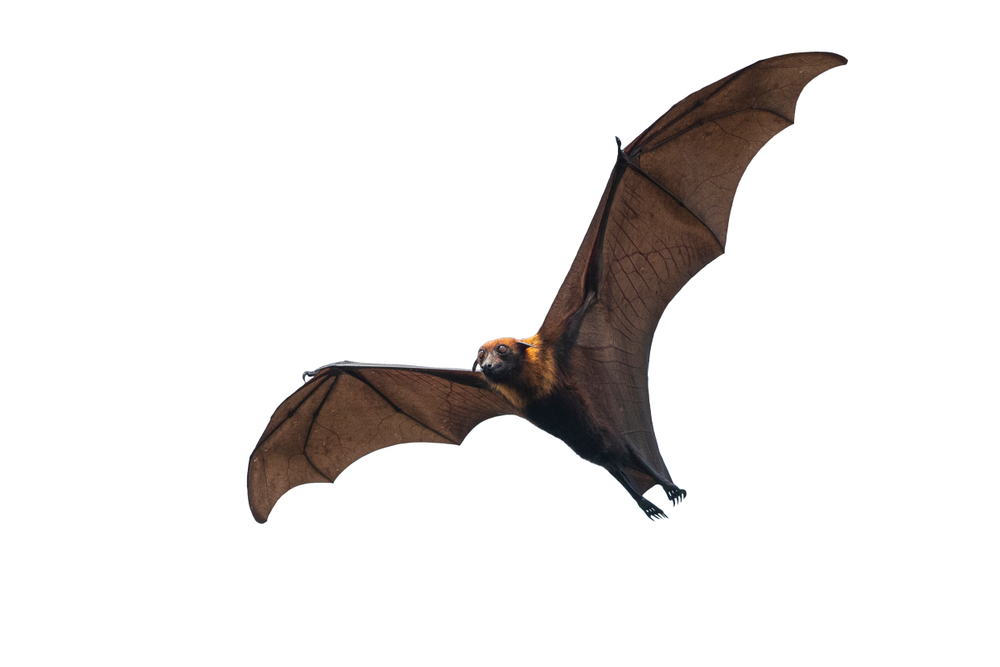
Bats have a large appetite which can accommodate more than a thousand of insects, such as mosquitoes. With this ability, they help mankind and even the world by preventing bugs and insects’ overpopulation.
2. Bats’ lifespan is more than 30 years and can fly with an amazing speed of 60 mph or more
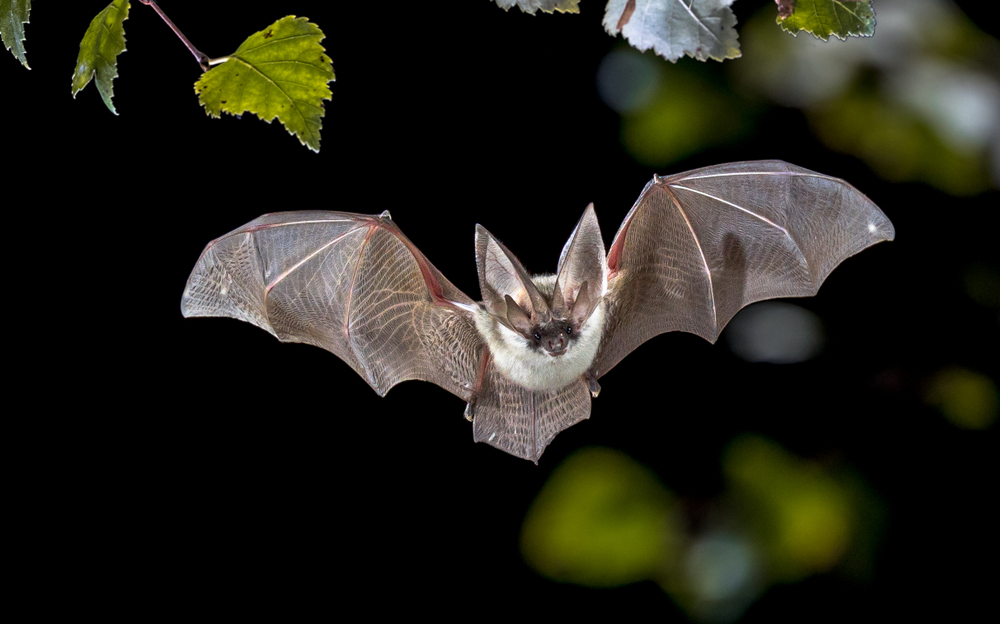
According to the 2016 research of the University of Tennessee, the free-tailed bat of Mexico can fly at the speed of 100 mph, which makes it the fastest mammal in the world.
3. Bats can easily find their food even in darkness
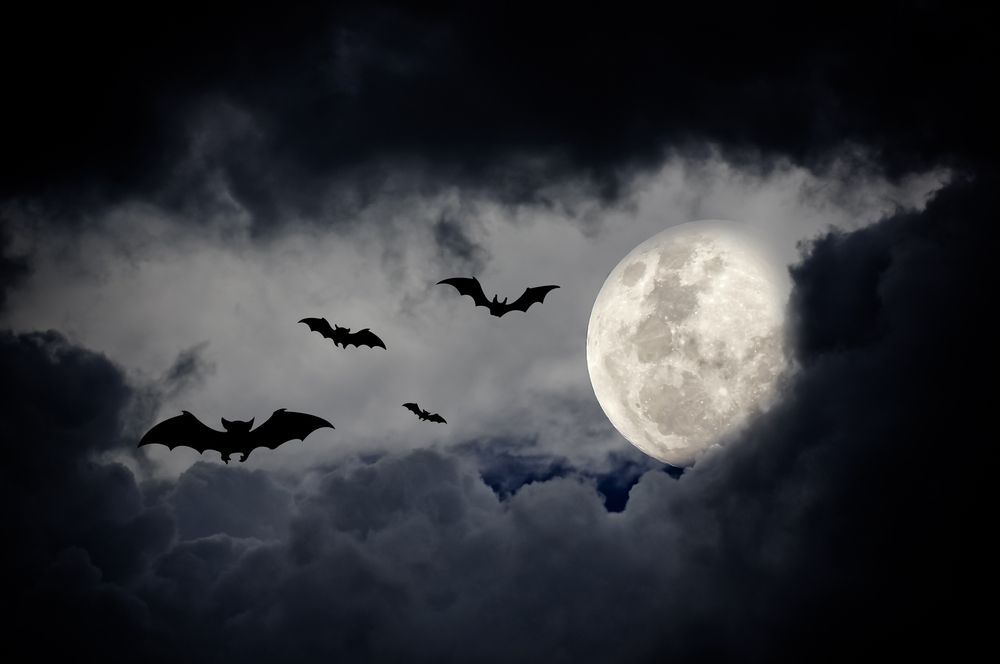
Most of the bats are nocturnal. However, despite the night’s darkness, they can still locate the insects for food through echolocation. They do this by emitting 10-20 beeps every second and listening to echoes they produced.
4. Bats have the ability to hibernate in caves during the winter season
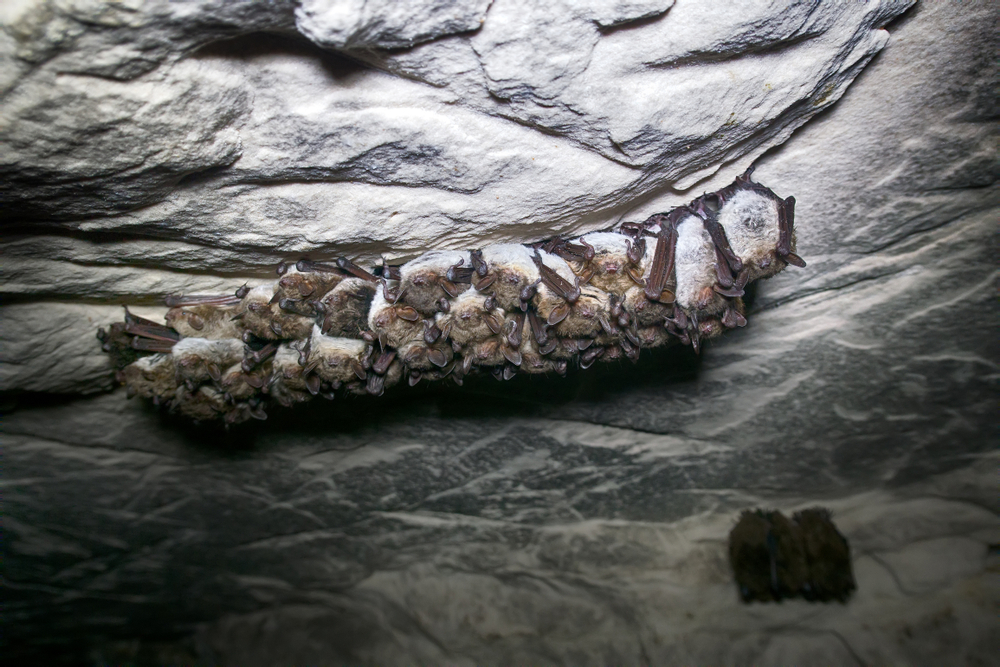
Bats can survive even in the coldest temperature or after being caged in ice, which is one of this small mammal’s amazing abilities.
5. More than half of its species are endangered in the United States
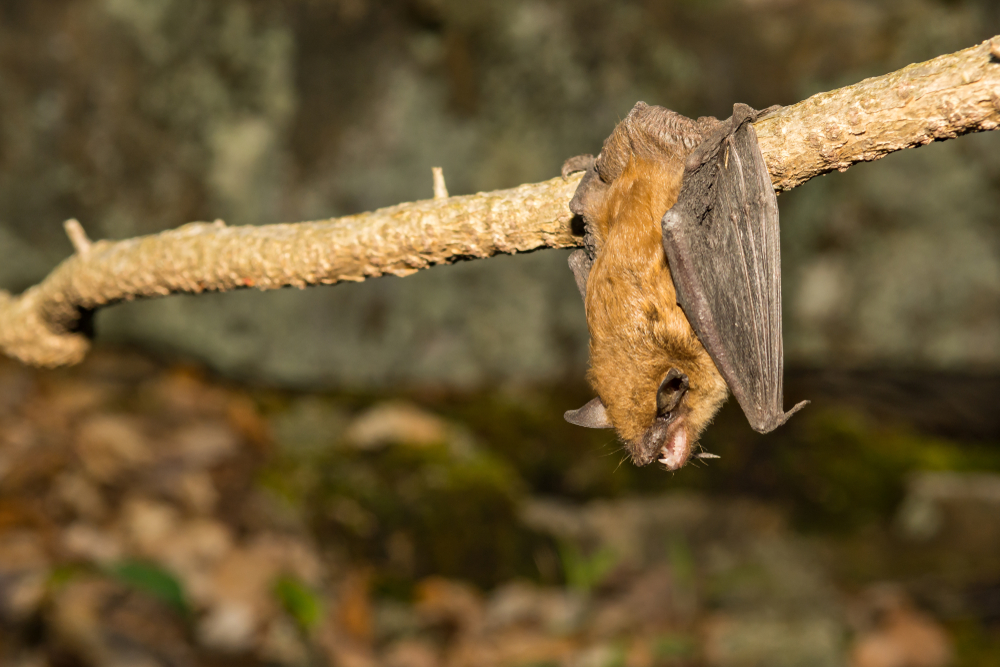
Aside from habitat loss, the primary reason of being endangered among bats is the white nose syndrome, which destroyed many bats in Canada and United States. Fortunately, in the year 2015, Nature Conservancy helped in the treatment of bats through a common bacterium to stop the growth of this white nose fungus.
6. Most of these bats can only have one pup (baby bat) in a year
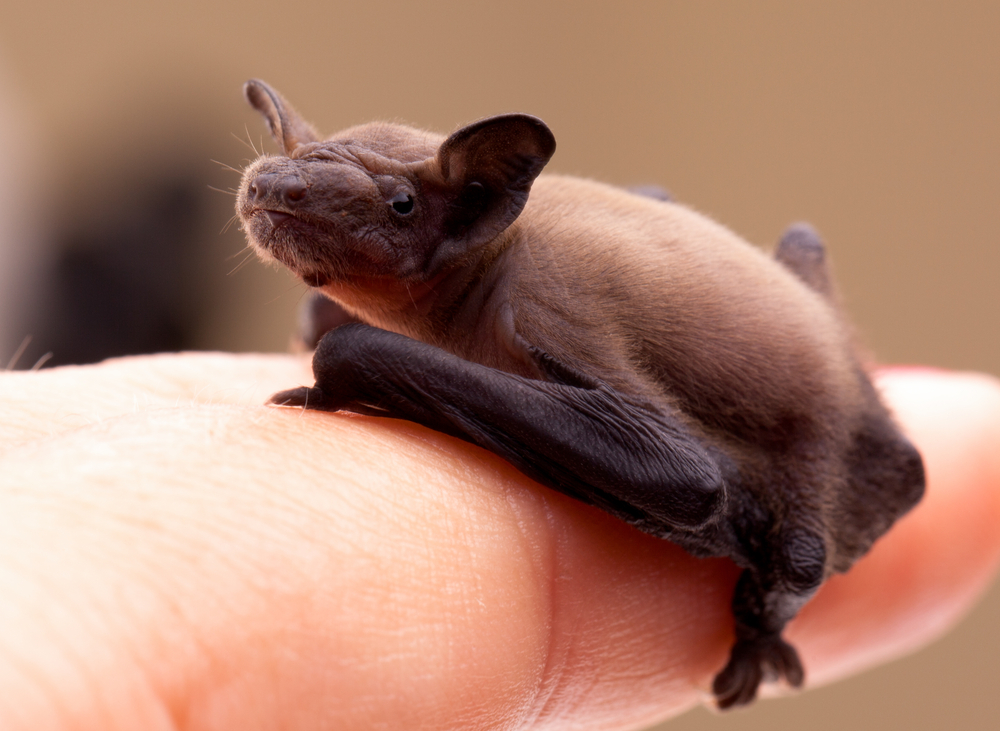
Bats produce a small number of offspring, which is also one reason they are at risk of extinction. On the bright side, mother bats can easily distinguish their pups among thousands or even millions of pups due to their unique scent and voices.
7. The largest bat in the world is the South Pacific flying fox
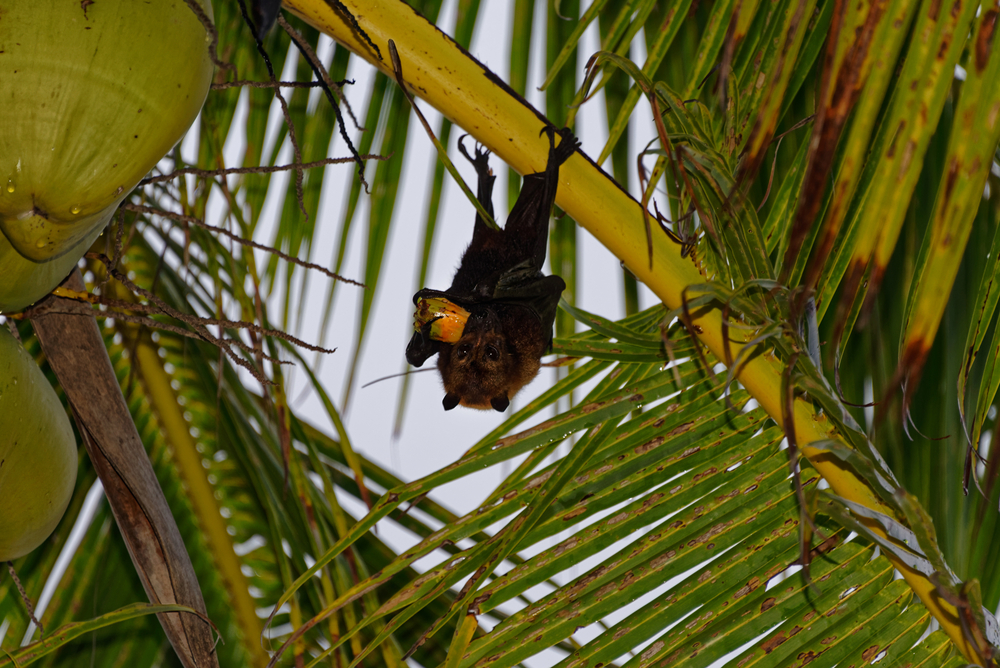
Measuring with 6 feet wingspan, the Flying Fox is the largest bat in the world! On the other hand, bumble bee bat, present in Thailand, is considered the smallest bat on earth.
8. Pallid bat – the scorpion devourer
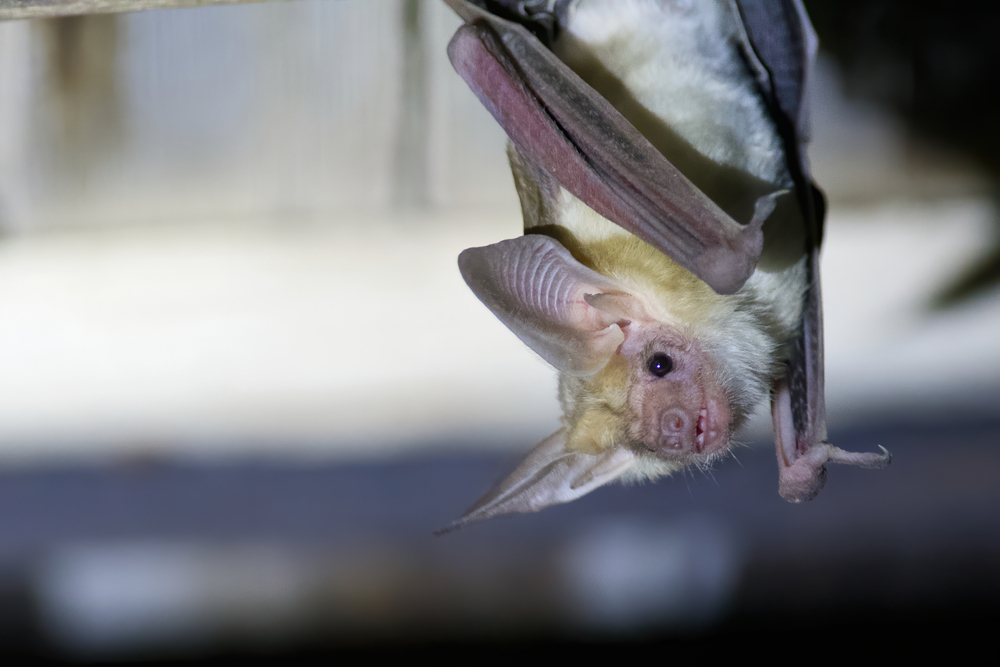
These bats are invincible to the sting of a scorpion! Even the venom of Arizona bark Scorpion in North Carolina, which is considered the most venomous scorpion on earth, does not affect Pallid bats! Furthermore, almost 70% diet of these bats is scorpions.
9. Bat droppings or guano are one of the richest fertilizers
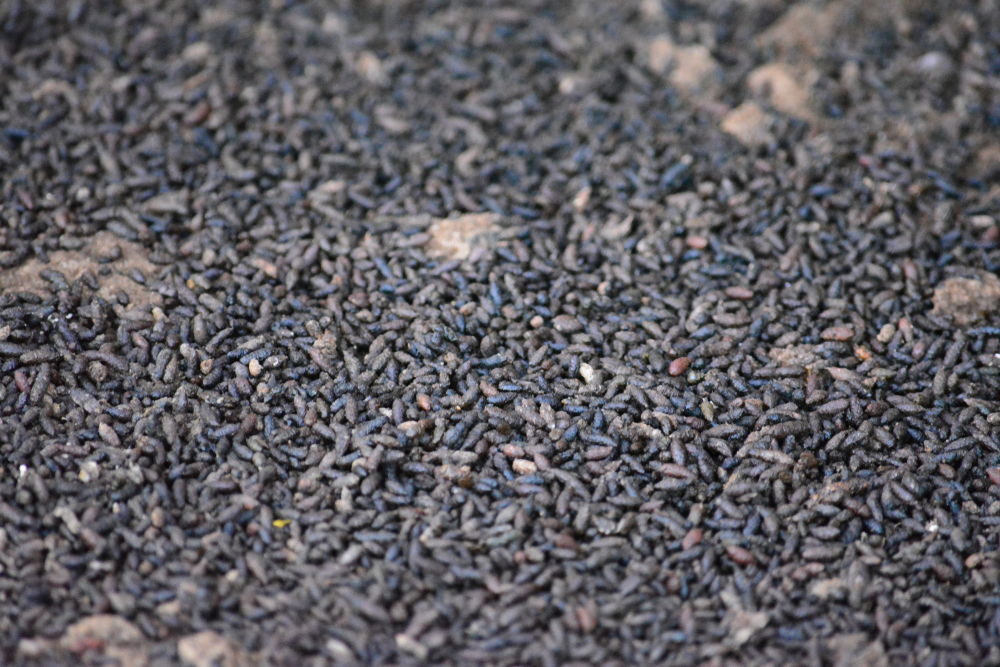
Believe it or not, guano was once a huge business. Surprisingly, guano is the second largest mineral export in Texas after oil! Approximately 1.5 million are free-tailed bats that reside at Congress Avenue Bridge in Austin, North America.
10. The home of the biggest bat colony is the Texas Bracken Bat Cave
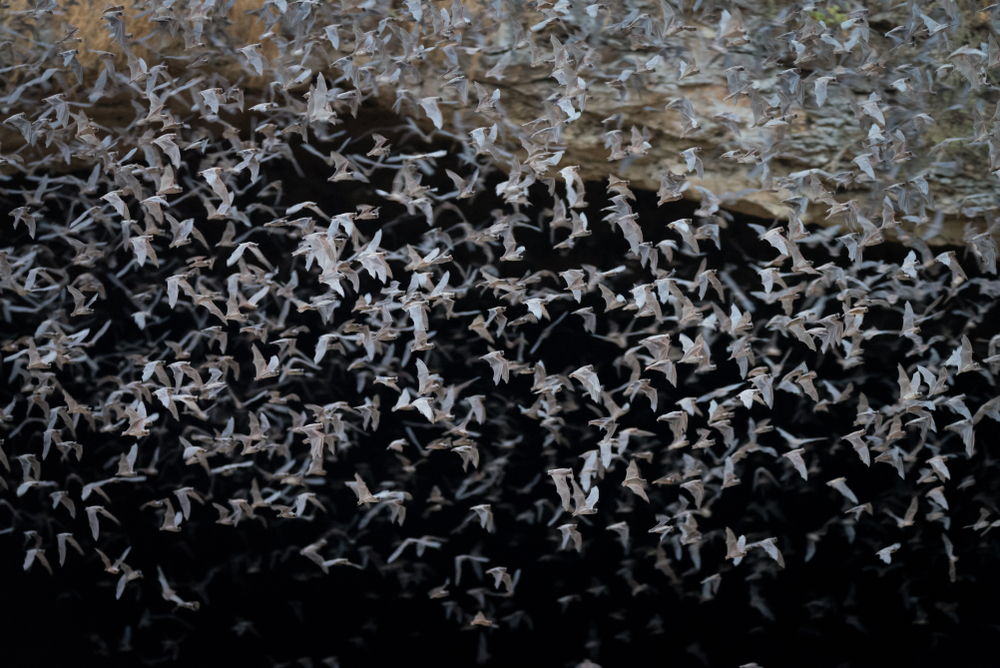
Every year between March and October, billions of Mexican Free-tailed Bats settle in the Bracken Bat Cave!
